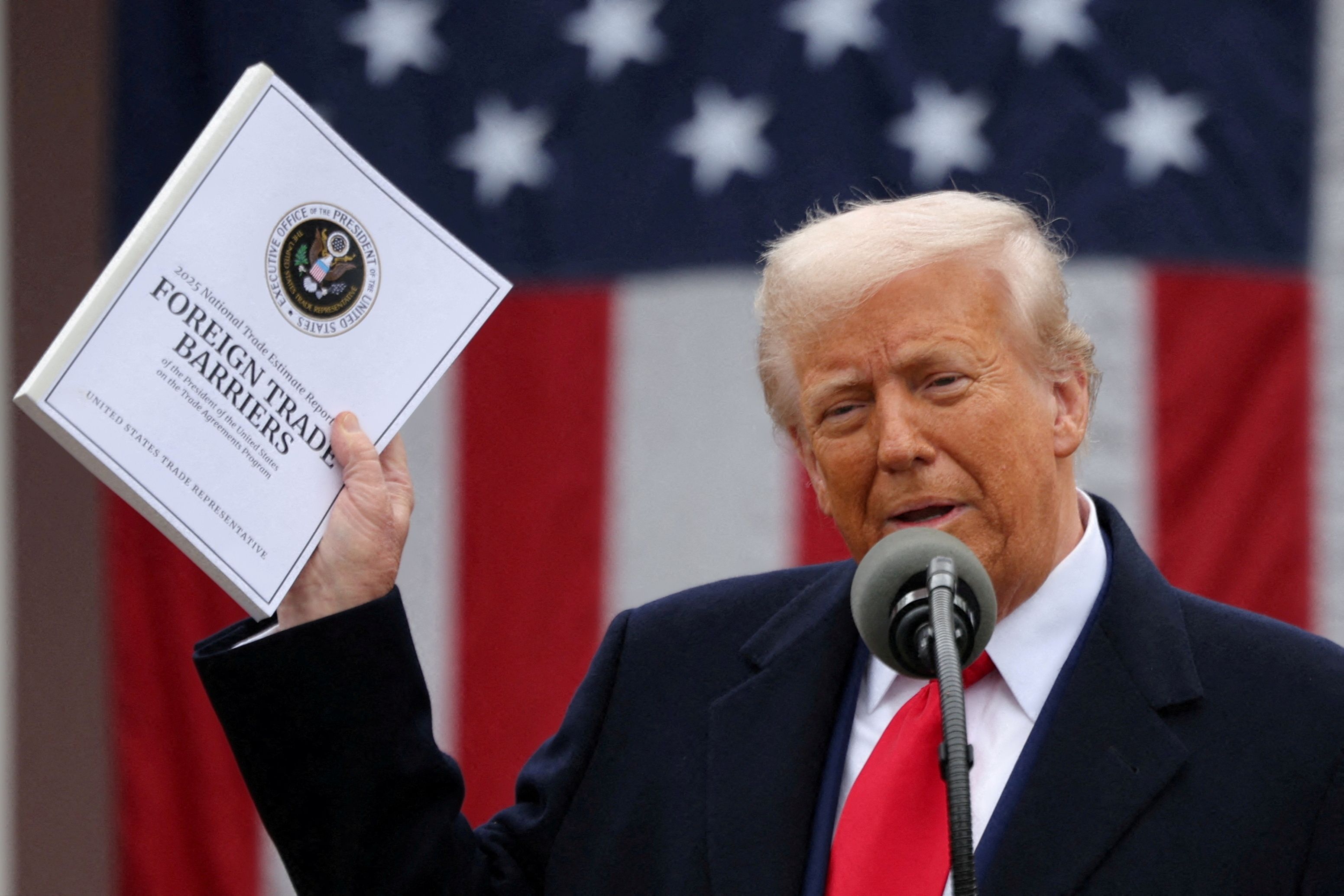The escalating trade tensions between the United States and China could trigger a dramatic 80% reduction in bilateral goods trade, severely damaging the global economic outlook, warned World Trade Organization (WTO) Director-General Ngozi Okonjo-Iweala on Wednesday.
The warning comes as President Donald Trump raised the tariff on Chinese imports to 125% on Wednesday, hours after China boosted the duty on American goods to 84%.
"The escalating trade tensions between the United States and China pose a significant risk of a sharp contraction in bilateral trade… The negative macroeconomic effects will not be confined to the United States and China but will extend to other economies, especially the least developed nations," she emphasised.
The WTO chief cautioned that the "tit-for-tat approach" between the two economic giants, whose bilateral trade represents roughly 3% of global trade, carries far-reaching consequences. "Our assessments, informed by the latest developments, highlight the substantial risks associated with further escalation," she noted.
Critical for global community
“Our preliminary projections suggest that merchandise trade between these two economies could decrease by as much as 80%," Dr. Okonjo-Iweala said in a statement.

Iweala also raised concerns about the potential fragmentation of global trade along geopolitical lines. "Division of the global economy into two blocs could lead to a long-term reduction in global real GDP by nearly 7%," she warned.
Dr. Okonjo-Iweala called for a unified global response to the "pressing threat," urging all WTO members to engage in constructive dialogue.
"We urge all WTO members to address this challenge through cooperation and dialogue. It is critical for the global community to work together to preserve the openness of the international trading system," she concluded.
Africa’s position
African countries have been responding differently since President Donald Trump announced “reciprocal tariffs.”
Last week, Zimbabwe’s President Emmerson Mnangagwa, in a post on X, announced a suspension of all tariffs levied on goods originating from the US to “facilitate the expansion of American imports within the Zimbabwean market, while simultaneously promoting the growth of Zimbabwean exports” destined for the US.
Zimbabwe, one of the SADC member countries under US sanctions for human rights violations, was slapped with an 18% tariff.
The Southern African Development Community (SADC) on Tuesday expressed concern over the new tariffs imposed by the US on imported products, including those from the bloc member states.















